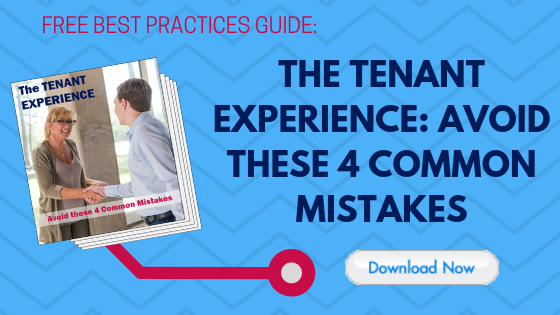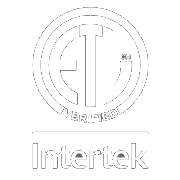BLOG CATEGORIES
Renting to Millennials : The Possibilities and the Liabilities

Property managers have no shortage of Millennials looking to rent, but with a rush often comes unforeseen traps, sometimes creating a property management liability. We suggest six red flags to consider when opening your doors to younger renters.
For now, the American Dream is for rent, not for sale. 75 million Millennials are disrupting almost every way we traditionally live — from shopping to eating to lifestyle preference. Renting is becoming not just a stopgap on the way to homeownership, but a permanent lifestyle choice.
Why Millennials love to prefer to rent rather than buy:
- Flexibility. The ability to move on when the lease is up, if needed. Millennials tend to change jobs more often than those in the older workforce.
- Convenience. Maintenance repairs are off the table — no yard work or furnace fixing.
- Skyrocketing student loan debt. That’s one of many budgetary reasons why a down payment on a house is not even a consideration.
- Amenities. Many pleasures that make life a little easier are possible for renters but unaffordable to homeowners: electric car charging stations, free Wi-Fi, gyms, coffee bars.
- Common spaces. Millennials love a sense of community (something that often can’t be achieved in the wide-open suburbs), so they gravitate toward properties that offer common courtyards, libraries and even game and screening rooms.
FREE DOWNLOAD – The Tenant Experience: Avoid These 4 Common Mistakes
Many property owners discover — often too late, that Millennials don’t consider renters’ insurance. Here are some common reasons why:
- A belief that they don’t own enough property (or, at least, valuable property) to warrant insurance.
- Concerns about its high costs.
- A lifestyle that doesn’t require them to stay in one place for a long period of time.
- A common trust in their fellow man — that their property is secure enough.
A worthy solution worth mentioning: Many insurance plans offer coverage for $15,000 to $20,000 worth of property, which can cost only about $10-$15 a month (or $200 a year). Note: it’s important to be aware of exactly what the policy covers, and what it does not.
Some renting possibilities and property management liability considerations that should be considered when renting to Millennials:
- Age discrimination. The laws preventing age discrimination are actually meant to protect older people, not Millennials. Be careful when marketing to appeal to younger people — don’t even hint at the possibility that you won’t consider older people. Always remember to focus on describing the property and not the type of occupant you want to attract.
- Airbnb. Your occupant should not be able to rent out the property without first getting your permission. Make sure your terms are specified in the contract and discussed in length with the tenant. Also, all homeowners must have insurance to cover any damage, but that insurance can be cancelled if it’s learned that the damage was a result of a short-term rental. Note: Airbnb offers an insurance guarantee.
- Allowing pets. Claiming “No Pets” in your classified ad may keep prospective occupants away and help your competition. By law, animals who assist occupants with disabilities are always allowed, despite any pet restrictions — it’s likely that sooner or later your property will have animals on its premises. Millennials are growing up in a world where pets are welcome on airplanes, and some even in retail stores and restaurants. You may have to allow for pets or risk getting passed by. If allowing pets is a large concern for you, you may also suggest that any occupants owning a dog carry canine liability insurance.
- Shared rentals. Work wages are not keeping up with the cost of living, which means that Millennials tend to require roommates — often roommates they don’t previously know (they may have even contacted them through social media). Make sure your lease is very clear regarding roommates and your termination policy. For instance, specify that if one roommate moves out, the remaining roommate is still responsible for the entire rent. Be sure to do a background check on every occupant, even a subtenant. Every adult occupant should be a party to the lease contract.
- Offer environmentally sound features. Green living, recycling, air quality, conservation, electric car charging stations and even energy-saving lighting are big yeses for Millennials. However, you must also make sure you are upgrading and improving your property in cooperation with your insurer’s guidelines. There may be some unforeseen complications with construction costs and procedures that could lead to coverage disputes, as well as equipment and appliance breakdown issues that may not be covered. In many cases, ENERGY STAR-certified equipment and appliances may be required.
- Safe property practices. Creating a safe environment for occupants is an expectation of all residents, regardless of age and other demographics. For Millennials, who often have fast-paced lifestyles, a safe living environment can become an even larger priority, especially for singles. Property managers should be increasingly focused on any areas within their care that are not meeting or exceeding property safety expectations. Appropriate maintenance and upkeep, emergency procedures kept in place and accessibility to emergency help phones are all safety items that should be addressed.
Click here to learn more about attracting Millennial occupants. For more information on how Kings III can reduce the property management liabilities associated with property safety, visit www.kingsiii.com.
CATEGORIES TAGGED
ELEVATORS
PROPERTY SAFETY
CATEGORIES
KEEP LEARNING

2024 Brings Increased Adoption of Codes Requiring Video and Two-Way Messaging for Elevator Communications
As 2024 progresses, the adoption of safety codes mandating video and two-way messaging capabilities for elevator communications is gaining momentum across the United States.

What an Emergency Dispatcher will Most Likely Ask You
When suddenly faced with an emergency, you may immediately feel frightened and helpless. An emergency communications system can help reduce or eliminate those reactions by providing immediate assistance. Here's what you can expect on the other side of a call you place from an emergency phone.

Kings III Makes The Dallas Morning News Top 100 Places to Work List Becoming a 4x Winner
We're honored to be recognized by our employees and The Dallas Morning News by making the daily newspaper’s Top 100 Places to Work list for the 4th year in a row, falling in at 26th in the midsize companies category.
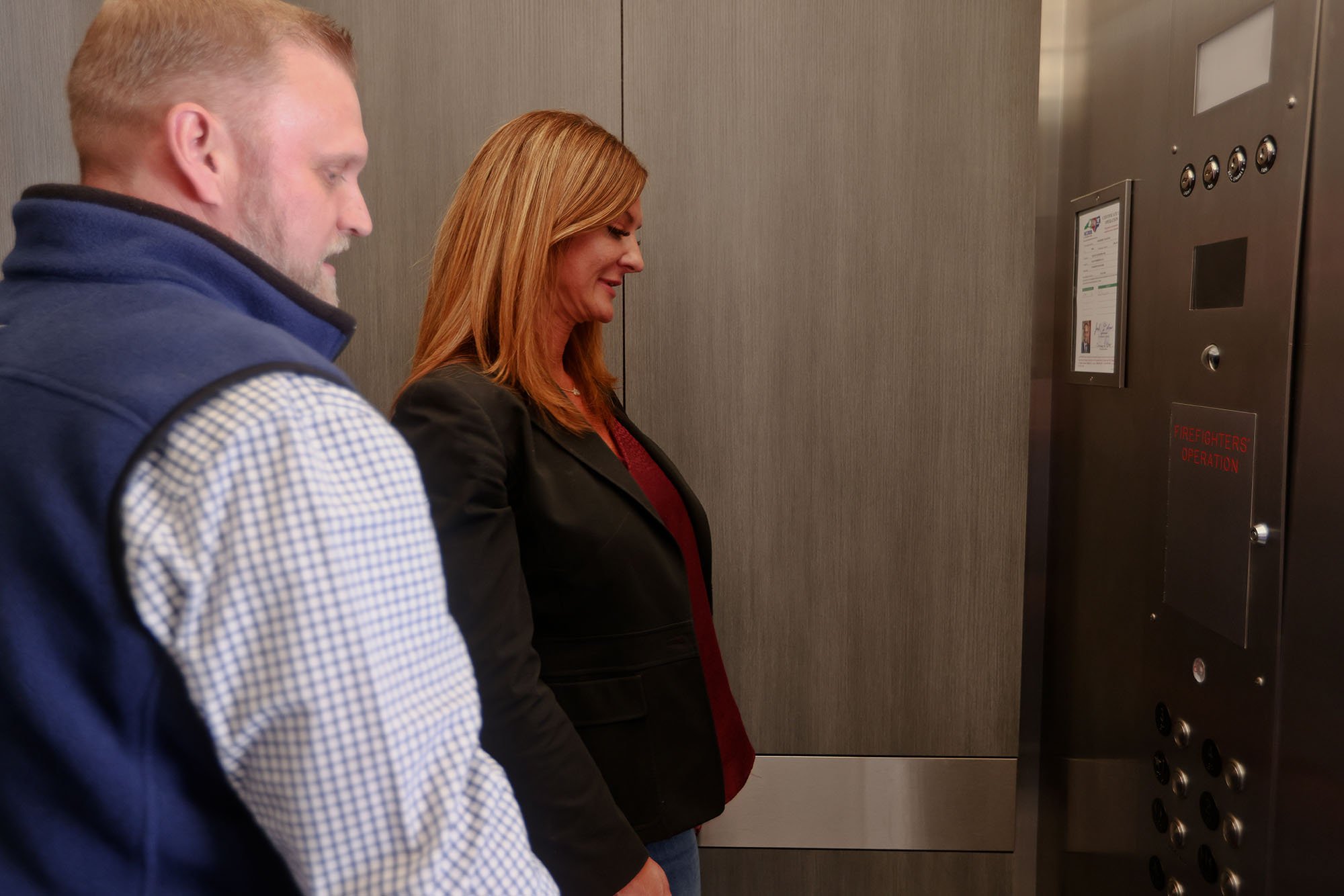
January 2024 Elevator Code Updates in Florida
Florida property managers have finally completed DLM requirements in their elevators (hopefully). But wait, there's more! Florida will adopt ASME 2019 starting January 1, 2024. Learn what this means, how you can comply, and get guidance from our code experts.
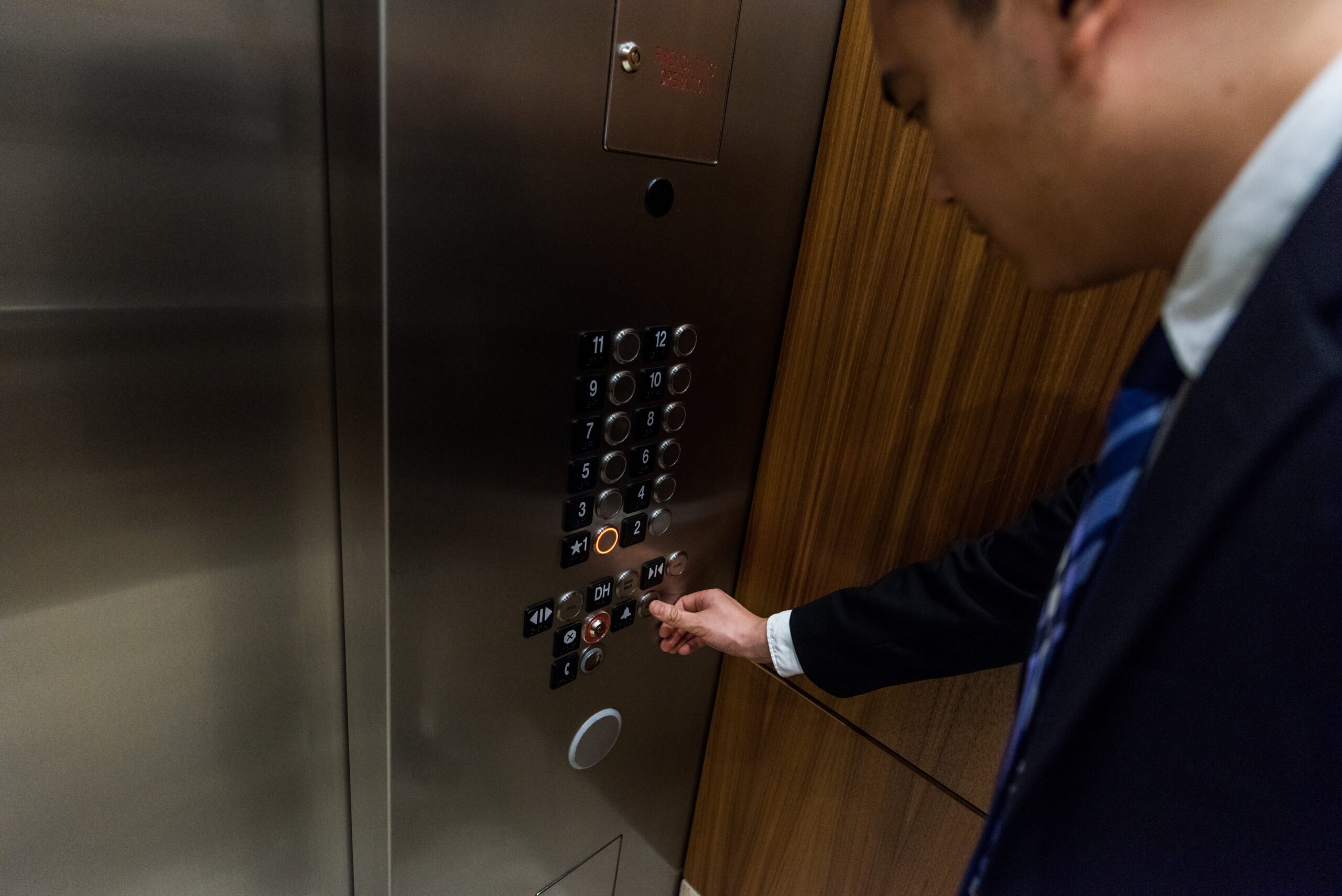
Survey Reveals Gaps in Building Emergency Communications Plans
A recent survey of property management professionals revealed that while more than 60 percent of respondents were aware that telecom companies are phasing out POTS (Plain Old Telephone Service, also known as analog copper land lines), nearly half reported their elevator emergency communication systems are still based on this endangered technology.

Successful Hotel CO Inspections
A CO is a vital requirement before opening your new-build/renovated hotel. One area we often see overlooked within the process is telecommunications. To help get you started, we’ve compiled a checklist of key telecom-specific items to consider that may be subject to inspection.
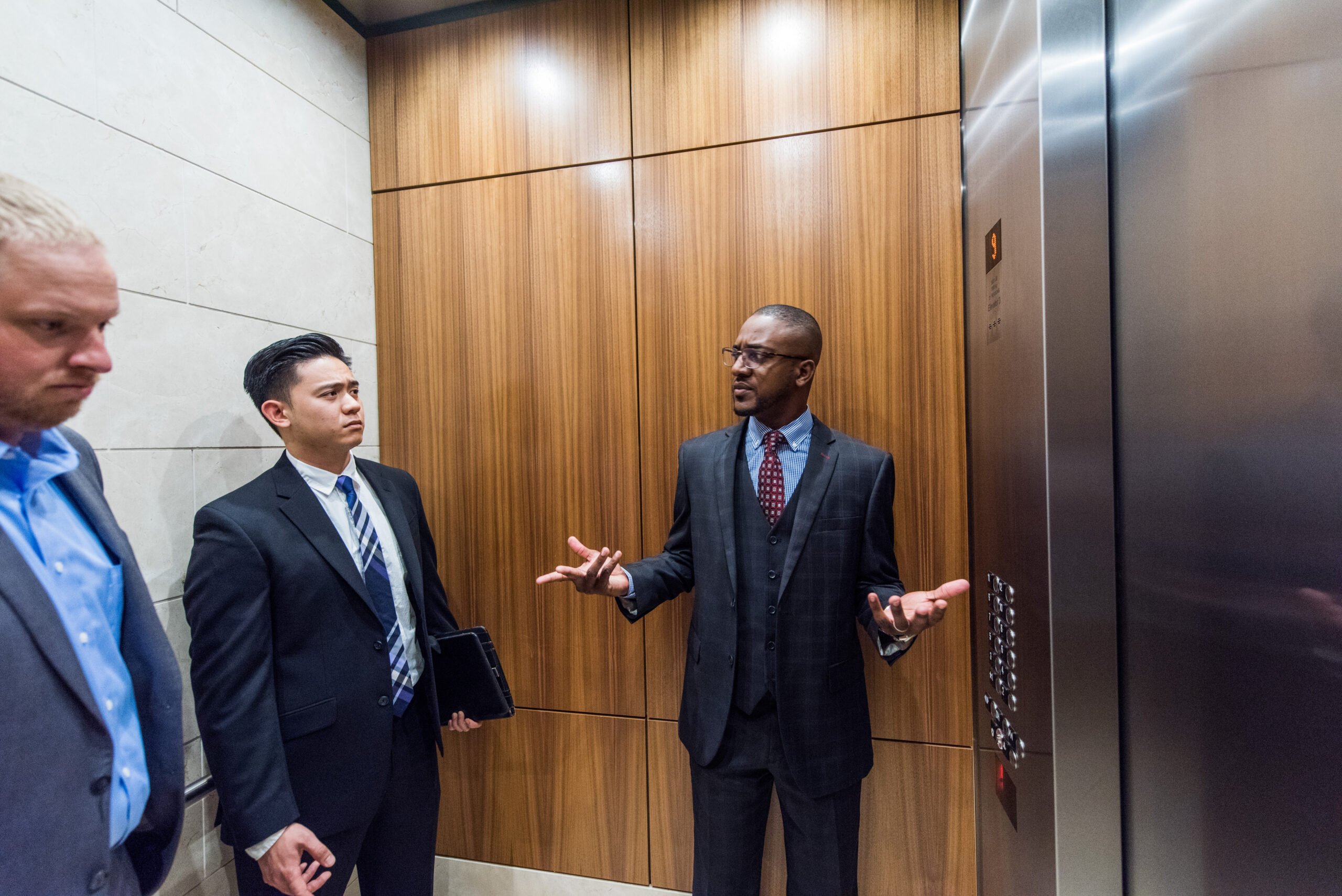
How is Elevator Liability Defined?
One of a building owner’s worst nightmares: a passenger gets into an elevator in perfect health but ends the ride with a serious physical or psychological injury. Thankfully, this is an extremely rare scenario, but all those involved in building management should know exactly how to define elevator liability and take action if an incident occurs.
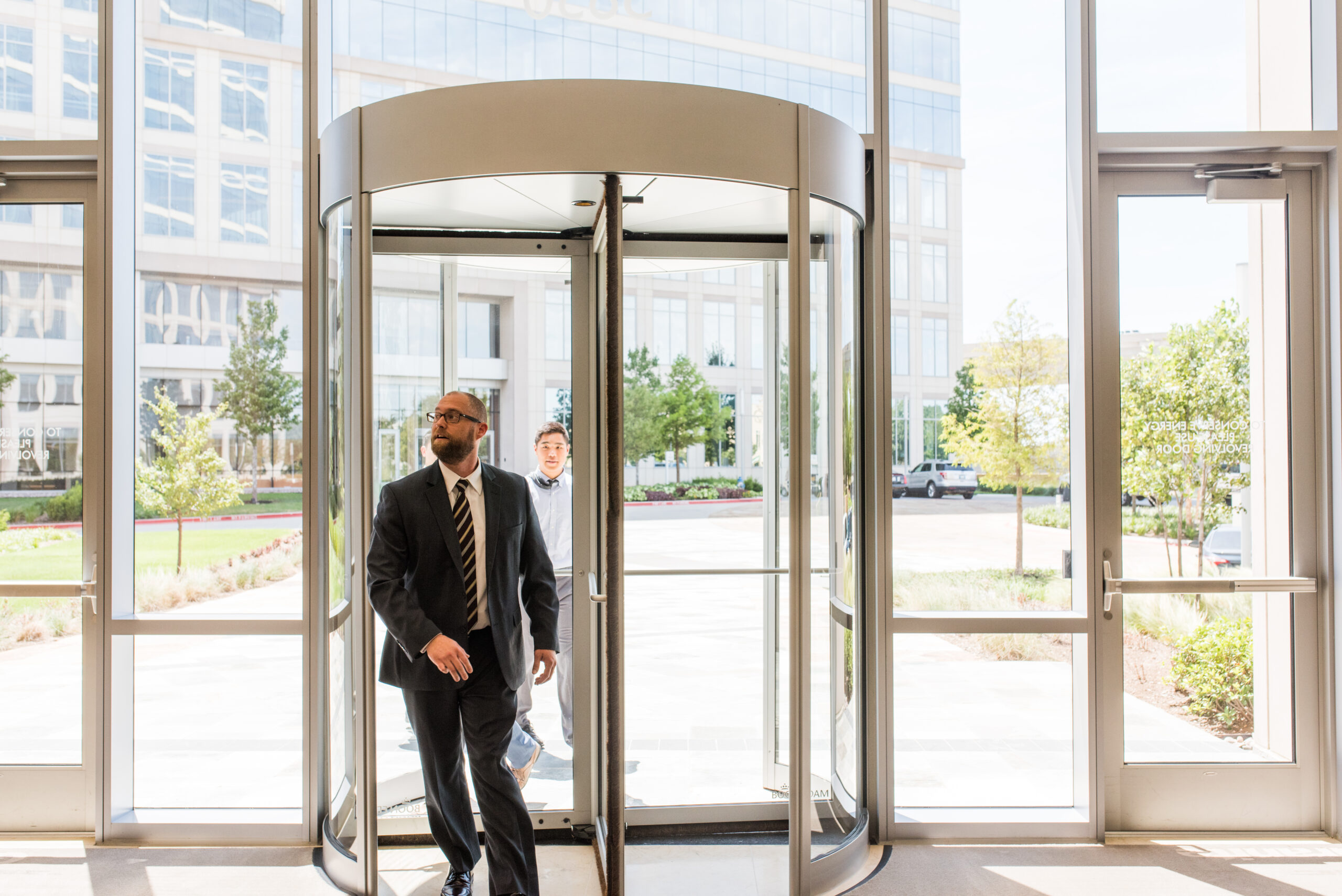
How is Your Premise Liability Law IQ?
A premises liability lawsuit holds a property owner responsible for any damages arising out of an injury on that person or entity's property. Keeping your property safe is, therefore, your number-one priority. Here's exactly what you need to know.

Kings III of America Announces CEO Transition
Kings III today announced that as part of a thoughtful succession process, Dennis Mason will be stepping down as Chief Executive Officer and transitioning to Senior Advisor. Norm Nelson, who has served as Chief Operating Officer since 2018, will succeed Mr. Mason as CEO.


